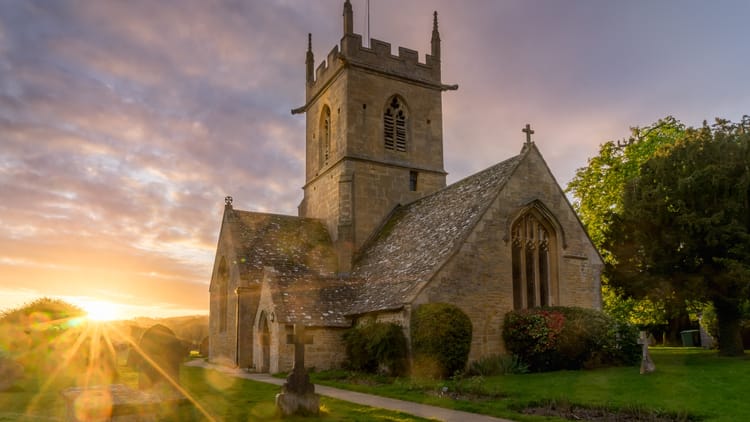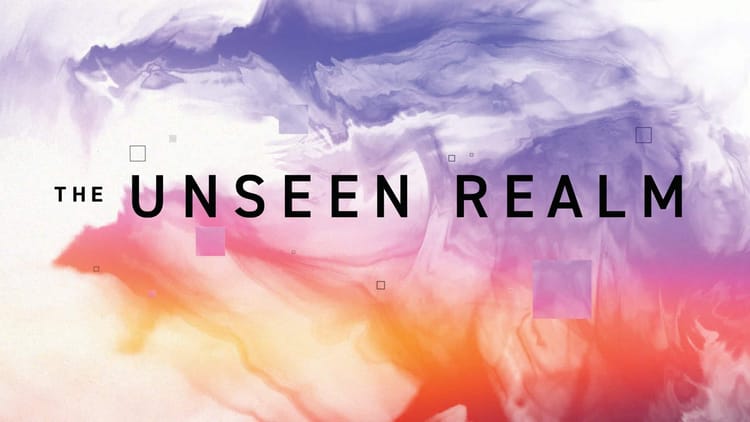The Point of Thinking About Eschatology

There was a time when people cared — really cared — about eschatology. They held conferences. They formed denominations. They created study Bibles. Thinking about eschatology — the doctrine of what happens in the end times — was a big deal.
No more. I hardly hear anyone talk about end times anymore. In some ways, that’s good. Sometimes we were a little too ready to fight over eschatology before. In other ways, it’s sad. I wonder if we really care as much as we should.
I’m struck by what Paul wrote in 2 Timothy 4:8: “Henceforth there is laid up for me the crown of righteousness, which the Lord, the righteous judge, will award to me on that day, and not only to me but also to all who have loved his appearing.”
That verse challenges me. Do I love his appearing? Our future with Jesus is meant to be one of the controlling influences in our lives. Do we even think about it, never mind long for it and love it?
If we had a bigger view of what’s to come, I suspect our lives today would be radically different.
I got thinking about this recently as I studied Ezekiel 43. Ezekiel has a vision of our future: God will recreate heaven and earth, and God will dwell with his people once again. Ezekiel’s vision is detailed, and it goes on for many chapters.
The details matter. We should try our best to understand what Ezekiel wrote, and to piece it together with other passages of Scripture that speak of what will happen in the future. Of course, we should always model humility as we try to understand Scripture, but we shouldn’t just shrug our shoulders and say we’ll figure things out one day in the distant future. Pan-millenials (“It will all pan out in the end”) are taking the easy way out. We can do better.
But we also shouldn’t miss the point. Why does God give Ezekiel all these details about what will happen in the future? God tells Ezekiel:
As for you, son of man, describe to the house of Israel the temple, that they may be ashamed of their iniquities; and they shall measure the plan. And if they are ashamed of all that they have done, make known to them the design of the temple, its arrangement, its exits and its entrances, that is, its whole design; and make known to them as well all its statutes and its whole design and all its laws, and write it down in their sight, so that they may observe all its laws and all its statutes and carry them out. This is the law of the temple: the whole territory on the top of the mountain all around shall be most holy. Behold, this is the law of the temple. (Ezekiel 43:10–12)
Thinking about eschatology should help our holiness. It should make us hate sin. It should help us long for holiness. It should make us long for the day when our longings will become reality.
Don’t shrug your shoulders when it comes to thinking about end times. Think about Jesus’ return. Study what Scripture teaches.
But don’t do so just to criticize those who disagree with you. Do so because you love Jesus’ appearing, and because it will motivate you to pursue holiness. That’s the real point behind thinking about eschatology.





